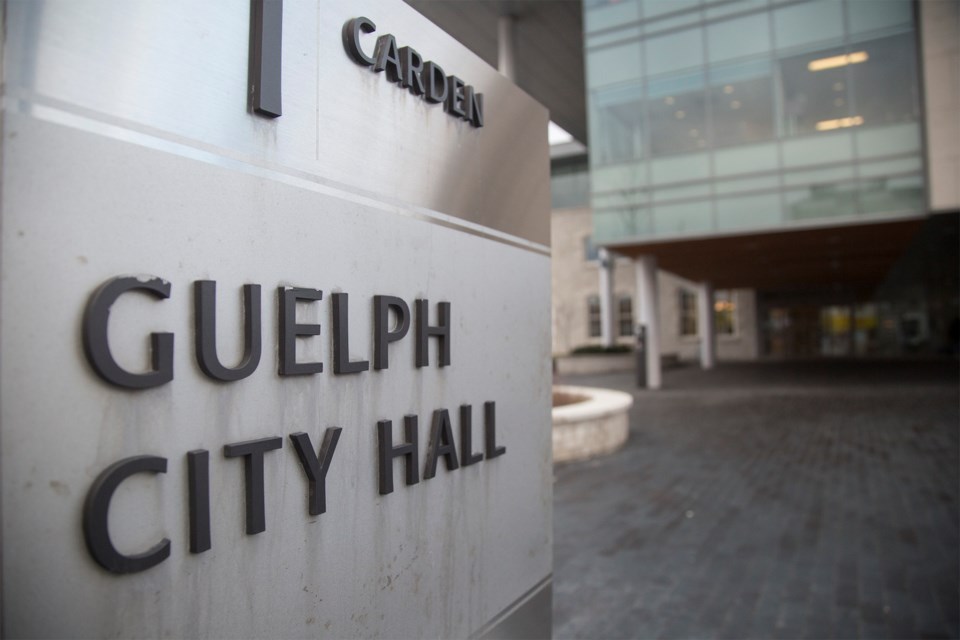The city is looking at borrowing up to $100 million to help cover operating expenses for the current fiscal year.
It is also looking at further deferring property tax interest and penalties until the end of July.
Both items are on the agenda of Thursday’s special emergency meeting of council for discussion and decision.
That online meeting will have delegates.
The report says that the COVID-19 pandemic has cost the city just under $9 million dollars thus far: $5 million in fiscal relief efforts and $3.9 million in lost revenue.
Leading the way are $3.4 million in lost transit revenue and $1.2 million in parking revenue.
One of the other recommendations going to council on Thursday is that transit will continue to be free and parking fees will continue to be waived until at least June 30.
On the flip side, the city has reduced expenditures of $4.8 million.
These revenue and expense figures do not yet include impacts of the city’s local boards and shared service agents.
“The estimated maximum amount of borrowing that may be required is $100 million, based on the city’s current liquidity position. The city typically collects in excess of this amount of property taxes from April to June each year,” says the staff report going to Thursday’s emergency council meeting.
Property taxes collected in April, May and June total $135 million.
The staff report does not recommend lowering property taxes, as that would require the city to revisit the 2020 budget.
It is not known exactly how much it will cost the city to borrow the money, should that be approved by council, but the report notes that current borrowing interest rates are at “an all-time lows.”
The Municipal Act allows for such emergency loans with limits. The cashing-in of city investments will also be explored as a second option.
“This policy allows staff to act quickly in the event borrowing becomes a necessity due to unforeseen circumstances, such as the State of Emergency recently declared by the Mayor.”
The current pandemic and some of the measures put in place to battle it have led to a cash flow issue for municipalities, notably revenue expected from construction projects that are now on hold, the report notes.
“Given this change, it is expected that capital spending in 2020 could be reduced by 25 to 50 per cent depending on the duration of pause in construction activities.”
